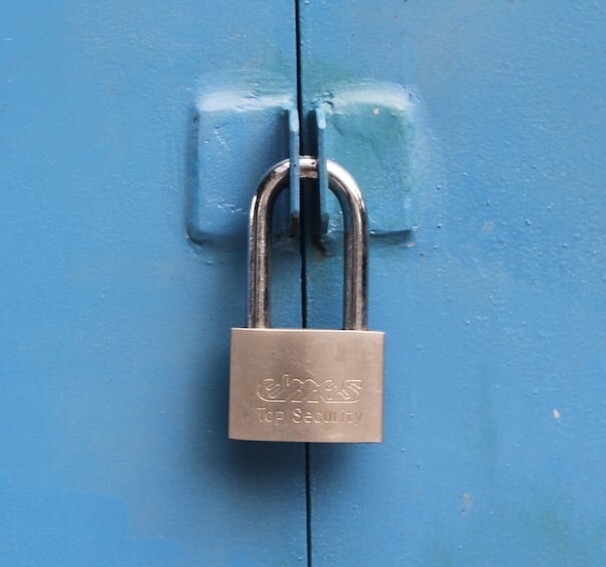Android
DROID DOES
Welcome to the droidymcdroidface-iest, Lemmyest (Lemmiest), test, bestest, phoniest, pluckiest, snarkiest, and spiciest Android community on Lemmy (Do not respond)! Here you can participate in amazing discussions and events relating to all things Android.
The rules for posting and commenting, besides the rules defined here for lemmy.world, are as follows:
Rules
1. All posts must be relevant to Android devices/operating system.
2. Posts cannot be illegal or NSFW material.
3. No spam, self promotion, or upvote farming. Sources engaging in these behavior will be added to the Blacklist.
4. Non-whitelisted bots will be banned.
5. Engage respectfully: Harassment, flamebaiting, bad faith engagement, or agenda posting will result in your posts being removed. Excessive violations will result in temporary or permanent ban, depending on severity.
6. Memes are not allowed to be posts, but are allowed in the comments.
7. Posts from clickbait sources are heavily discouraged. Please de-clickbait titles if it needs to be submitted.
8. Submission statements of any length composed of your own thoughts inside the post text field are mandatory for any microblog posts, and are optional but recommended for article/image/video posts.
Community Resources:
We are Android girls*,
In our Lemmy.world.
The back is plastic,
It's fantastic.
*Well, not just girls: people of all gender identities are welcomed here.
Our Partner Communities:
view the rest of the comments

I do not trust cloud based password managers even if they claim to be E2EE and all other stuffs. I only trust offline password managers like KeePassDX (using it right now) etc.
I'm surprised I don't see more people recommending KeePassDX! I agree and feel much more secure knowing exactly where my encrypted password vault is.
Also I recommend that people use Syncthing alongside KeePassDX so you can host your own cloudish environment to share the password vault between your devices. Keepass 2 is a great Windows/Linux application for interfacing with the .kbdx vault file format used by KeePassDX.
I have to chime in here, just because of how this post is written: Keepass 2 is not "a great application for files used by KeePassDX". It's the original. So if anything, KeePassDX is riding on KeePass 2, not the other way round. Sorry for my nitpicking, this is a "honor where honor is due" thing to me ;)
Please explain what e2ee is?
E2EE means End to end encryption.
Well, in the case of Bitwarden the client is open source so it can actually be reviewed whether or not it is actually encrypted. No need to trust anyone.